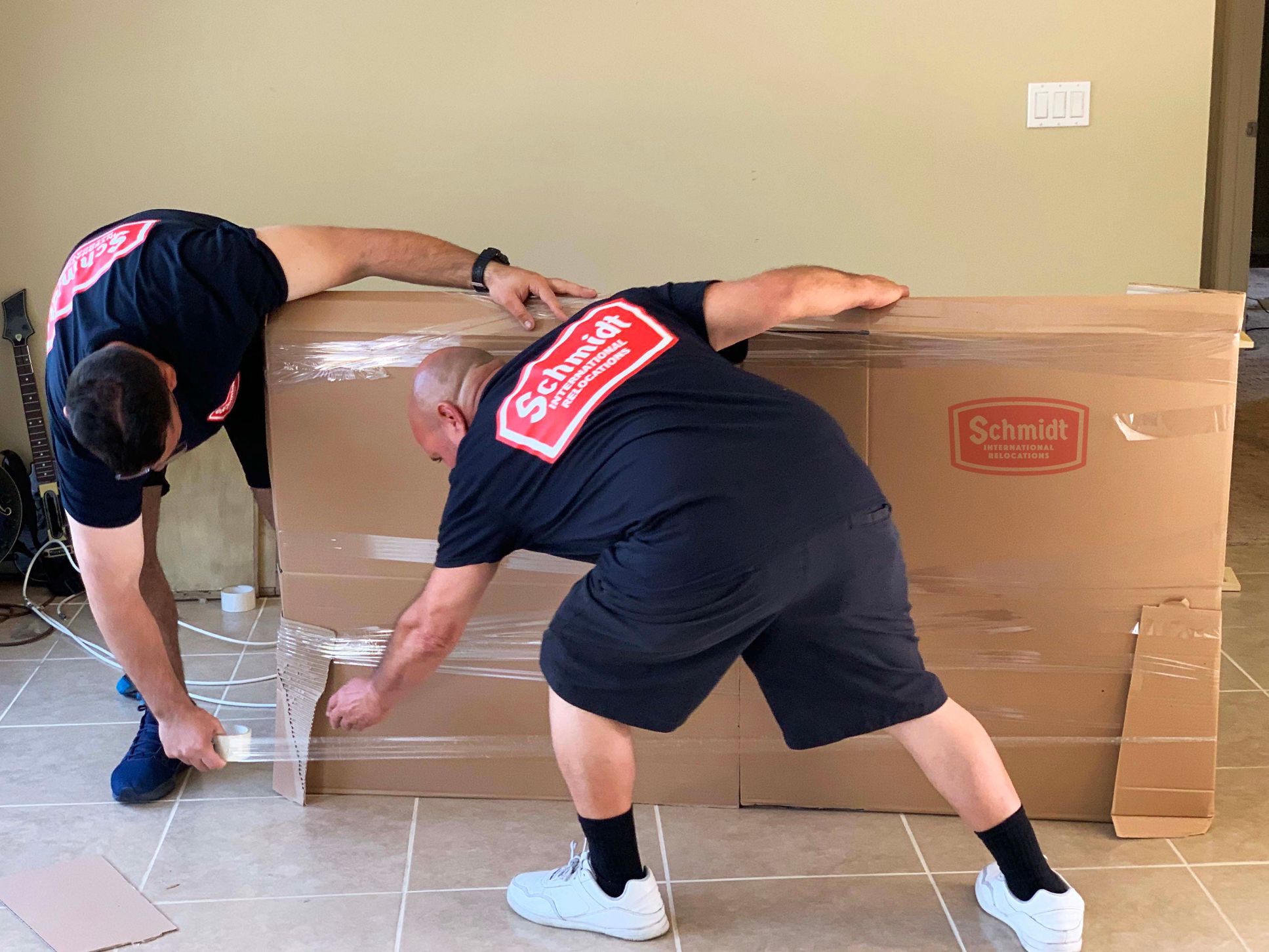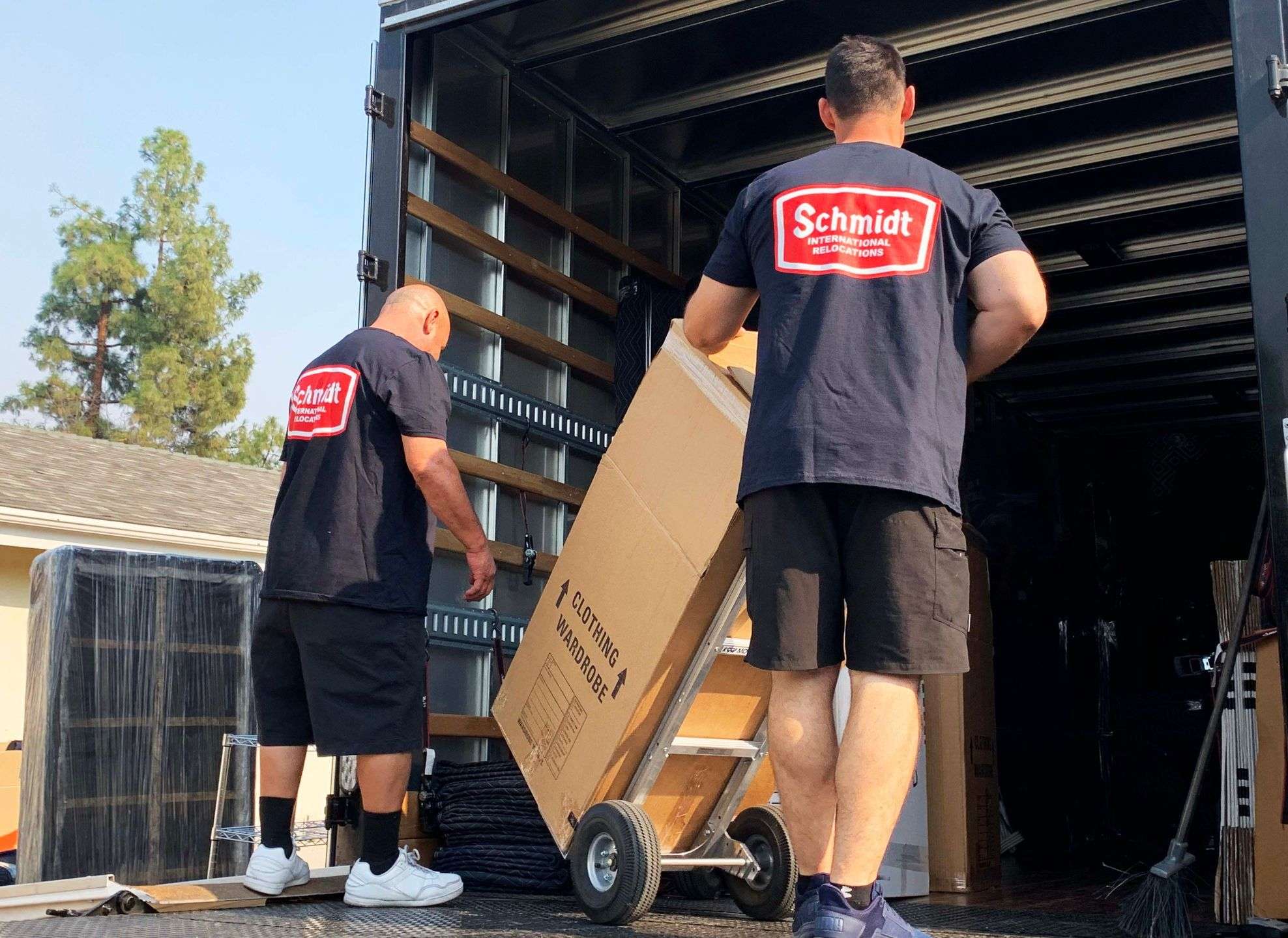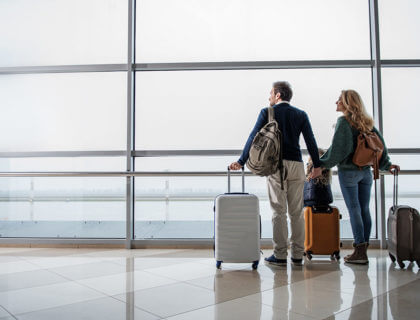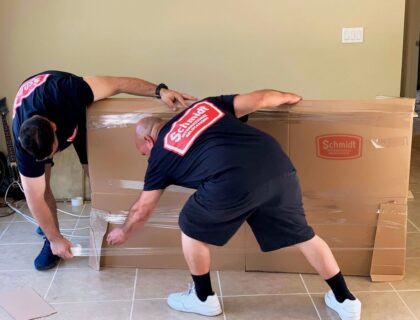

Whether you’re dreaming of sun-soaked beaches or tranquil mountain villages, the right destination can make all the difference in turning that dream into a reality. But how to find the best place to live when the world is so vast and diverse? From the cost of living to cultural differences, there are factors you need to consider to ensure your new home is everything you’ve envisioned. Let’s dive into what really matters when deciding which country to call home.
How to Find the Best Place to Live Abroad?
How to find my perfect place to live? It is a question many future expats want to know the answer to. Do you wish to relocate abroad, but you still don’t have an exact destination in mind? In this case, start by evaluating the cost of living and job opportunities to ensure financial stability.
Next, think about how well you can adapt to cultural differences and whether the local lifestyle aligns with your values. Safety and political stability are also crucial, as they impact your overall well-being, as well as the dominant climate. Finally, access to quality healthcare and education should play a major role in making the right decision.
Let’s dive into each of these key factors so you can find the best place to live abroad that completely matches your lifestyle, budget, and personal goals.
Cost of Living – What Is It, and Why Does It Matter?
One of the most critical aspects of deciding where to live is learning about the cost of living, and you can do it easily with the help of sites such as Numbeo. The cost of living encompasses everything from housing and groceries to transportation and healthcare, and it can dramatically impact your experience abroad. Do you daydream about an ocean-view apartment or daily cappuccinos at a local café? The reality of your budget might pull you back to earth.
Additionally, note that one of the most common concerns for future expats is how to find a place to live. Housing is usually the biggest slice of anyone’s budget pie, and in some destinations, it can take a massive bite. On top of that, basic necessities like groceries, transportation, and household items also contribute to the cost of living. So what do you need to do when weighing your options? The ultimate goal is to balance your budget without sacrificing your quality of life.
Taxes, Healthcare, and All Those Adulting Expenses
Whether it’s income, sales, or property tax, understanding the local tax system is crucial for managing your finances. Some countries may offer tax incentives for expat communities or retirees, while others could significantly eat into your earnings.
Also, don’t forget about healthcare costs. In some countries, healthcare is publicly funded, meaning you might not pay much out-of-pocket, while in others, private insurance is mandatory. Make sure to understand how healthcare is structured and budget for any potential costs. Even if the local healthcare system is affordable, you might want international health insurance to cover any gaps.

Are There Good Work and Earning Opportunities?
Thanks to the rise of remote work, more people than ever are taking their jobs with them while they move to a new city abroad. If you’re part of this digital nomad revolution, you have the freedom to choose your destination without being tied to the local job market. The flexibility of working remotely means you can prioritize lifestyle factors like climate, culture, or cost of living without worrying if your skillset is in demand locally.
However, working remotely comes with its own set of challenges. Time zone differences could mean early mornings or late nights, and depending on where you relocate, reliable internet might not be a given.
STAT BUBBLE: Switzerland has dominated the list of best countries worldwide since 2017
On the other hand, if you want to find a job abroad and create a fresh career start, moving overseas can offer exciting new opportunities. Some countries have thriving industries that may align perfectly with your career goals. However, language barriers, work visa requirements, and local competition are things to consider before jumping into the job hunt. It’s worth looking into expat communities and job boards before you move to get a sense of the opportunities available and whether your qualifications will be recognized overseas.

Will a Climate Match Your Mood?
The weather can drastically affect your daily life, mood, and overall happiness in ways you might not realize until you’re already living abroad. Whether you’re someone who thrives under the sun or dreams of cozy winter days, choosing a climate that suits your personality is key to ensuring long-term contentment in your new home.
Relocating to a warmer climate might be perfect if you’re someone who loves outdoor activities, beach days, or simply feeling the sun on your skin year-round. But be aware – with sun-soaked days often come high humidity, extreme heat, or even the rainy season. Make sure you’re ready for the full package that comes with your tropical dream.
On the other hand, you can be drawn to snow-capped mountains and the cozy vibes of colder climates. However, before you get international moving services to help you move to a cold climate, consider how much winter you’re willing to endure. Long, dark winters with freezing temperatures can be tough for some people to handle, and they may impact your mood and energy levels. Whatever your preference, make sure you’re choosing a climate that will make your day-to-day life more enjoyable to avoid depression after relocation.

Will You Be Able to Become a Part of the Local Community?
Finding your place within a community is one of the most important, yet often overlooked, aspects of moving internationally. Relocating to another country means immersing yourself in a different community, and how easily you can integrate into that culture can play a huge role in how at home you feel.
Some places are renowned for being among the friendliest countries in the world, making it easier for expats to form lasting friendships with locals. However, integration isn’t always that simple. There are some challenges that can make it more difficult to break into the local community, such as:
- Language barriers (if applicable),
- Cultural differences,
- Unspoken social norms.
It’s important to consider how much effort you’re willing to put into learning a new language and adapting to customs.
Expats as Your Ready-Made Tribe Abroad
While integrating with the locals is important, sometimes there’s nothing more comforting than having people around who understand your experience. When moving abroad, finding fellow expats can provide a sense of familiarity and support as you navigate life in a new country. These communities are often made up of people who have gone through similar challenges and can offer advice on everything from finding the best grocery stores to navigating bureaucracy.
How Easy Is It to Settle?
When you plan to relocate across the world, keep in mind that it’s more than just getting packing services and boarding the plane. There are essential legalities and logistics that will shape how easy (or complicated) your move will be. From visas to residency permits and other important documents, these details can influence where you can go, how long you can stay, and even whether your dream destination is a viable option. Before you fall in love with a new country, it’s crucial to understand the paperwork and legal hoops you may need to jump through.
Dealing with visas and bureaucracy may not be the most exciting part of relocating to a new home overseas, but it’s undoubtedly one of the most important. Some countries make it easy for expats to move by offering simple, straightforward visa processes, especially for digital nomads or retirees. Others, however, might have more complex systems with layers of paperwork, legal fees, and long wait times. Before choosing a trustworthy moving company, such as Schmidt International Relocations, to help you move, be sure to check these protocols.
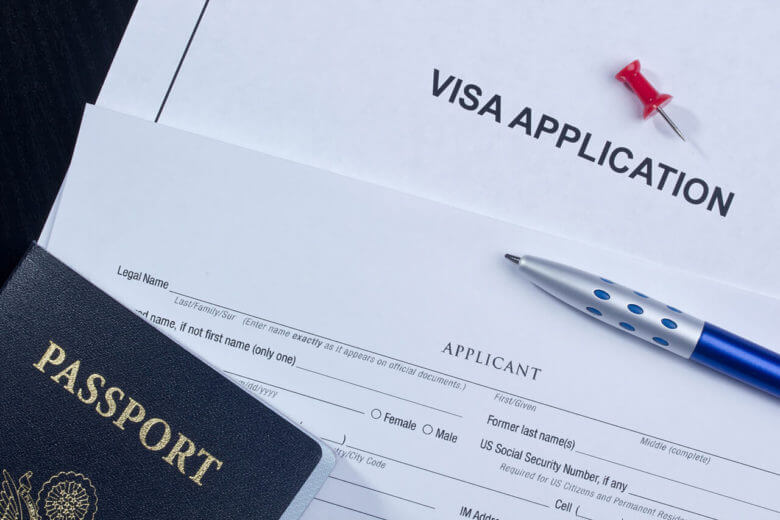
Is That Dream Destination as Safe as It Looks?
Even the most beautiful destination can lose its appeal if safety is a constant concern. While photos of idyllic beaches and bustling cities may capture your attention, digging into safety statistics will help you assess how secure life will be in your new home.
When evaluating a country’s safety, start by researching crime rates. Is the city known for petty crimes like pickpocketing, or are there more serious concerns like violent crime or organized criminal activity? Some countries or regions may have “safe” tourist zones, but the reality for residents may differ.
Additionally, safety abroad isn’t limited to crime. Consider environmental factors like natural disasters. Some dream destinations come with risks such as hurricanes, earthquakes, or floods. Researching these possibilities and how well-prepared the local infrastructure is for such events can save you from unpleasant surprises.
Political Stability Is Another Important Factor
A country’s political climate can make or break the experience of living in another country. Note that political tensions or unrest can emerge unexpectedly and have serious consequences for your safety and lifestyle. Choosing a destination with a strong, stable government and low levels of corruption ensures that your time overseas won’t be marred by instability.

What Are the Education Options for Your Kids?
If you’re relocating abroad with kids, education will be a top priority. For families with younger children, researching daycare and preschool options is also critical, as not all countries offer the same level of care or affordability in early childhood education.
As for a bit older children, many countries offer a wide variety of schooling options, such as:
Public Schools
Public schools are often a great way to immerse your children in the local culture and language. However, they may not be ideal for families who plan to move again in a few years or whose children don’t speak the local language. On the other hand, it’s worth mentioning that some public systems offer bilingual programs or English-language instruction, which can ease the transition.
International Schools
They are popular among expats because they often follow familiar curricula, such as American, British, or IB (International Baccalaureate) systems. These schools can provide a sense of stability and continuity for children relocating from one country to another. Still, they often come with high tuition fees, so it’s important to factor that into your budget.
Private Schools
Private schools can also be an option, depending on the country. These institutions may cater more to local students but offer specialized education programs or higher academic standards compared to public schools. They might not follow the same international curricula, but can still provide a more elite educational experience with smaller class sizes and personalized attention.
Can You Adapt to Cultural Differences?
Every country has its own unique customs, values, and social norms that influence everything from communication styles to daily interactions. These differences can enrich your life and broaden your perspective. Still, they can also cause culture shock and pose challenges for adjusting to another country if you’re not prepared to embrace them.
It’s also important to recognize the role of traditions and societal values. In some places, religion, festivals, and family structures play a significant role in everyday life, influencing social interactions and even public holidays. Understanding these cultural frameworks and showing respect for them can make a big difference in how you’re received by locals.

Let Us Help You Settle Into Your Perfect Place Abroad
By carefully weighing these key factors, you’ll be well-equipped to choose a destination that perfectly aligns with your lifestyle, goals, and needs. However, once you’ve found your ideal destination, the next big step is organizing the move itself. That’s where Schmidt International Relocations can make all the difference.
Our international moving company excels in overseas relocations, taking care of every aspect to ensure your transition is effortless. That leaves you free to fully enjoy the excitement of starting fresh in your new home abroad. Ready to take the next step? Contact us today for a free quote!


